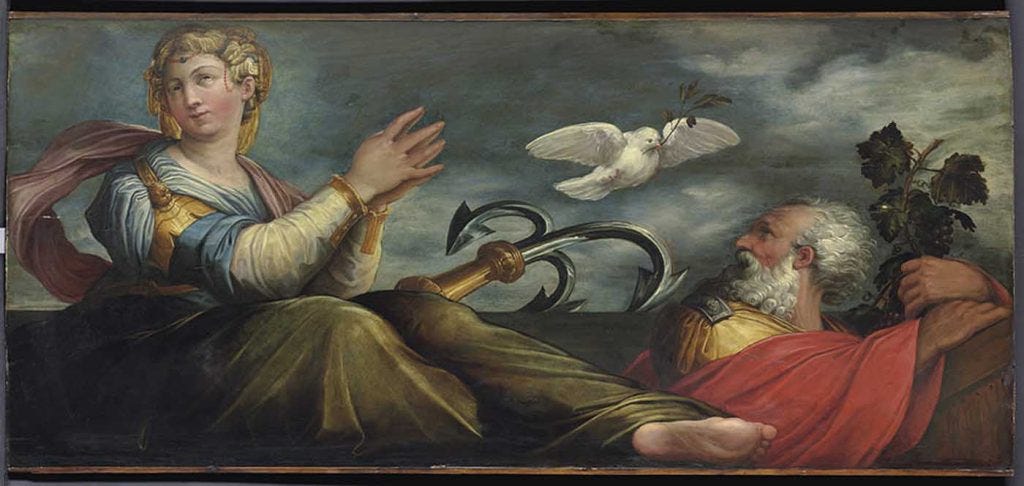First, thanks for reading this. You’re joining me just as I begin to write about ideas which matter to me.
Perhaps best if I describe myself as a recovering academic economist. I’ve spent decades trying to show that I understand ideas very deeply.
If I just jot down a few ideas and hand what I’ve written to a good editor, I expect that I’ll get my work back with most of the text deleted and plenty of questions about what I think should matter to the reader.
I just need to keep one word in mind: well-being
Every discussion about economics and the economy should have well-being at its heart.
Where it comes from. How to nurture it. And not just for a lucky few, but for everyone – and everything.
And then the truly tricky bit: how to balance the enjoyment of well-being now with the pursuit of future well-being.
After years of reflection, I’m convinced that the demands of the present moment are so overwhelming that everyone needs to be better at looking to the future.
Even though that seems impossible because the future is so uncertain.
I’m going to use Substack posts to clarify my thinking about how we can best do that. I’ll be thinking about economy.
Not ‘the economy’ as an entity, but the old-fashioned practice of managing material and mental resources to increase well-being.
I’ll place the virtue of hope front and centre. That’s the carefully learned practice of looking to the future with reasonable confidence – a habit of studied optimism which helps us to create the better future because we have already imagined it.
And arguing that we need an economy of hope in complex, modern societies in which we all depend on each other so much.
There really isn’t anything new here. It’s going back to the custom of depicting the virtue of hope with an anchor which keeps us firmly in place now as we prepare to cast off into that uncertain future.
(Picture - Vasari, 1542, (C) Galleria dell’ Accademia de Venezia)


